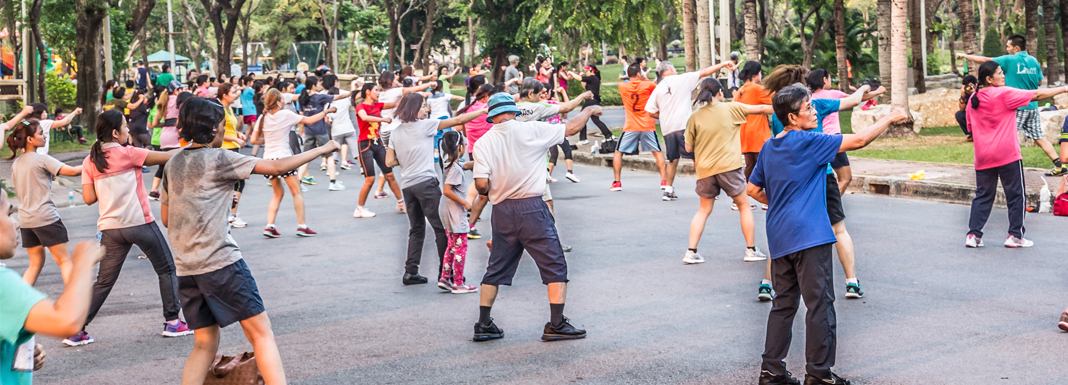Doctors often prescribe aspirin and nonsteroidal medicines to people who suffer pain from surgery and injury, but they do not help you recover faster from muscle injuries (1,2,3) , broken bones, joint damage, surgery including joint replacement (12) or muscle soreness after hard exercise (4)/ and they can cause diarrhea, belly pain and bleeding.
Nonsteroidals include aspirin, diclofenac, Anaprox, Lodine, Meclomen, Motrin, Nalfon, Naprosyn, Ponstel, Relafen, Toradol, Tolectin, Indocin and ibuprofen. They block prostaglandins that cause pain, but are also the first step in healing, so several papers show that what you gain in pain control, you may lose in actually delaying healing (6,7). Continued use of nonsteroidals delays bone healing (8), and taken over several months, they can increase the rate of cartilaginous breakdown in joints of people who have osteoarthritis (9,10,11).
Taking aspirin or nonsteroidals before an athletic competition can help you to compete more effectively by preventing soreness during exercise and they do not hinder strength, speed, endurance or coordination (5), but taking nonsteroidals before every workout can delay recovery and increase your chances of injuring yourself by preventing clotting and increasing bleeding. Nonsteroidals block pain, but they may delay healing.
Also see NSAIDs Interfere with Exercise Training
1) JN Howell, RR Conatser, GS Chleboun, DL Karapondo, AG Chila. The effect of nonsteroidal anti-inflammatory drugs on recovery from exercise-induced muscle injury – 1. Flurbiprofen. Journal of Musculoskeletal Pain 6: 4 (1998):59-68.
2) H Labelle, R Guibert. Efficacy of diclofenac in lateral epicondylitis of the elbow also treated with immobilization. Archives of Family Medicine 6: 3 (MAY-JUN 1997):257-262. 3)JF Reynolds, TD Noakes, MP Schwellnus, A Windt, P Bowerbank. Non-steroidal anti-inflammatory drugs fail to enhance healing of acute hamstring injuries treated with physiotherapy. South African Medical Journal 85: 6 (JUN 1995):517-522.
4) JN Howell, RR Conatser, GS Chleboun, DL Karapondo, AG Chila. The effect of nonsteroidal anti-inflammatory drugs on recovery from exercise-induced muscle injury – 2. Ibuprofen. Journal of Musculoskeletal Pain 6: 4 (1998):69-83.
5) Roi GS, Garagiola U, Verza P, Spadari G, Radice D, Zecca L, Cerretelli P. Aspirin does not affect exercise. Int J Sports Med 1994;15(5):224-227.
6) Almekinders, L.C. and Gilbert, J.A. Healing of experimental muscle strains and the effects of nonsteroidal antiinflammatory medication. The American J. of Sports Medicine. 14(4):303-308,1986.
7) Alkemekinders. Aspirin Healing injuries Am J of Sportsmed 1986;14(4): 303-308. 8) RD Altman, LL Latta, R Keer, K Renfree, FJ Hornicek, K Banovac. Effect of nonsteroidal antiinflammatory drugs on fracture healing: A laboratory study in rats. Journal of Orthopaedic Trauma 9: 5 (1995):392-400.
9) EC Huskisson, H Berry, P Gishen, RW Jubb, J Whitehead. Effects of antiinflammatory drugs on the progression of osteoarthritis of the knee. Journal of Rheumatology 22: 10 (OCT 1995):1941-1946.
10) Lancet: September, 1989 Arthritis.
11) Donnelly. British J of Sports Medicine. 1988;22:35-38.
12) S Sell, M Teschner, C Gaissmaier, F Martini, SA Weidner, W Kusswetter. Is there any impact of diclofenac on bone cells and their progenitors related to arthroplasty? Zeitschrift Fur Rheumatologie, 1999, Vol 58, Iss 1, pp 13-20.s Teschner M, Univ Tubingen, Klin Orthopadie, Hoppe Seyler Str 3, D-72076 Tubingen, GERMANY
Checked 1/19/18

